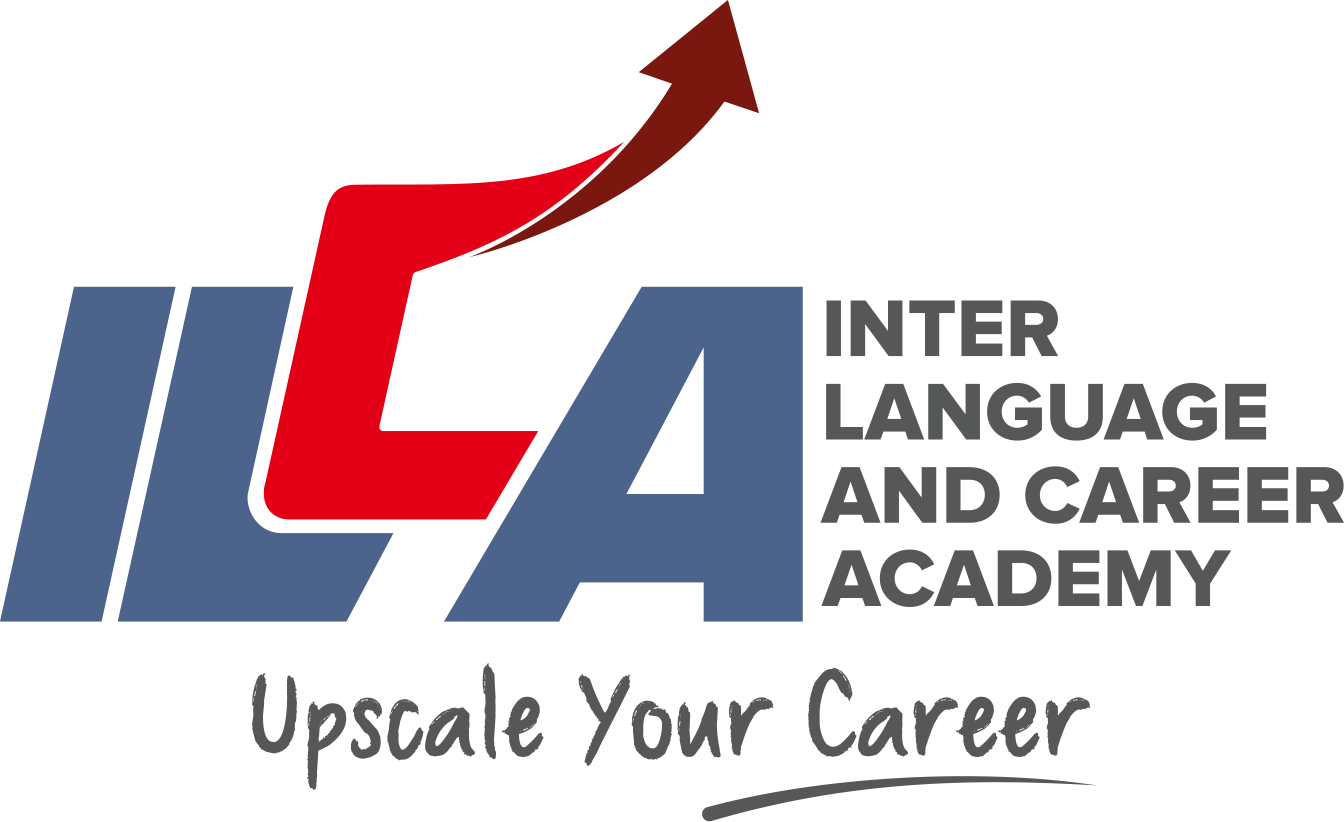The New Era of Learning- Bite-Sized or Microlearning
Rapid escalation of mobile devices, shrinking training budgets, and time constraints have changed the way of learning. Traditional methods have given way to the development of new bite sized learning or micro learning modules.
Is this going to be the future?
What Is Bite-Sized or Micro-Learning?
Traditional e-Learning courses usually are 30 minutes to 1 hour in duration. These courses are highly interactive in nature and were developed using Flash. These courses are usually developed in a span of 3 and 6 months. The traditional method of e-Learning was used when there was no need for frequent updates of the course content. These courses were also designed for desktops and laptops. However, this traditional scenario has changed and given way to the development of new bite-sized or Microlearning modules.
Bite sized or micro learning is an e-Learning paradigm that has taken the education and training world by storm. In a recent survey conducted by the Rapid Learning Institute, 94% of Learning and Development professionals stated that bite-sized online learning modules were preferred by their learners (Boyette, 2012).
What makes bite-sized learning immensely popular?
How can these short e-Learning courses help deliver training that is highly effective?
Bite-Sized Learning vs. Microlearning: Are There Any Differences or Not?
E-Learning has been around since the 1990s when the internet started becoming popular. Over the years, schools, trainers, and educational institutes have realized the benefits of anchoring technology for training and education, allowing flexibility and reduced costs. As technology continued to evolve at dynamic rates, learners, both young and old, became overwhelmed with information overload, the focus was no longer on the transfer of knowledge but turned to achieve better learning objectives.
In the past few years, there have been discussions about bite-sized learning and microlearning. It is not exactly clear when the terms were introduced, but there are articles as far back as 2012 which use these terms. 5 years later, these are still considered ‘modern concepts’ and many learning providers like InterLanguage and Career Academy (ILCA) are now offering bite-sized learning and/or microlearning.
What Are The Benefits Of Micro-Learning?
1. Ease of Delivery
Lesser and Simpler things to write means shorter course delivery times. With microlearning, you can build a course with dozens of units in an hour. This lets you respond faster to changing business goals and new training demands.
-
Affordability
A micro-learning course is also much affordable to produce. It requires fewer resources and fewer instructors. You don’t even need any special “micro-learning tools” to create your content; However, institutes like Interlanguage and Career Academy helps you in getting trained practically as to how to develop teaching strategies for this kind of courses
3. Flexibility
Microlearning courses can cover any subject that regular e-Learning courses can; just in a bite-sized way. You can create courses that give a broad overview of a subject or even create ones for complex topics.
4. Learners Find It More Engaging
Micro training is the most engaging training delivery method available. The microlearning experience is similar to checking your favourite social app on your smartphone, compared to the “serious study” feel of regular training. With ILCA’s app you learners can access the courses anytime and anywhere.
5. It Boosts Knowledge Retention
According to microlearning research, when you study something repeatedly and revisit it when you are close to forgetting it, you retain it much better. Such repeated study fits nicely with microlearning units since they are small, self-contained, and easy to return to.
6. It Gives Learners More Freedom
Regular online training that uses text-heavy courses is not ideal for studying in short stints. Microlearning, on the other hand, lets your learners enjoy casual learning whenever they have some spare time. Plus, since micro training courses are small, they’re also easy to download and take with you when offline.
To conclude, at ILCA we emphasize the aspect of Bitesize or Micro-Learning, because we believe that learning is not only the process of knowledge transfer but also application of that knowledge. Micro or bite-sized Learning helps us in retaining knowledge which eventually helps learners practice in the real life.

